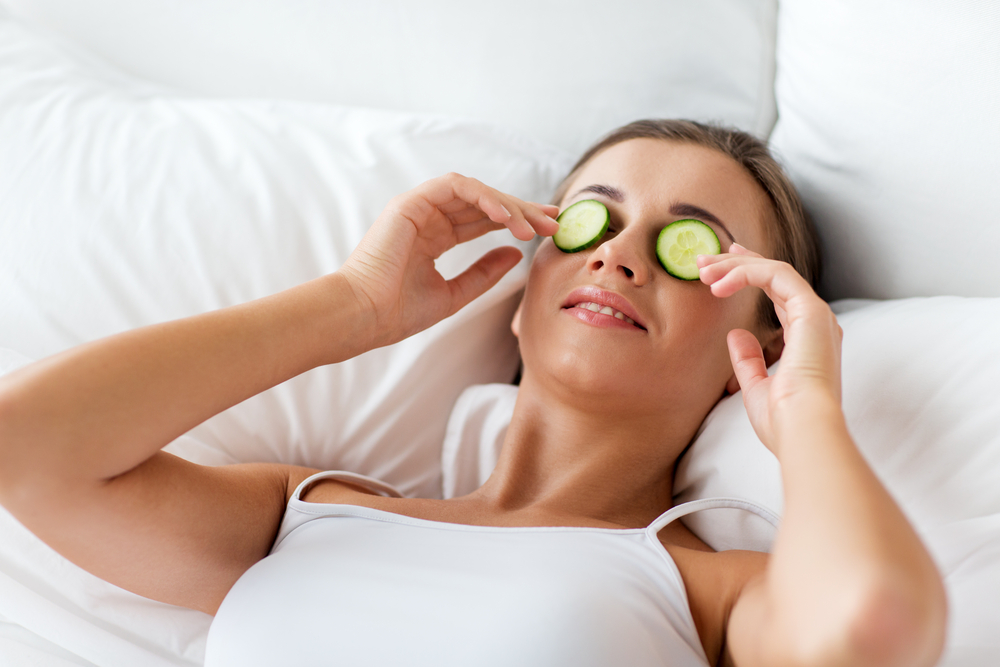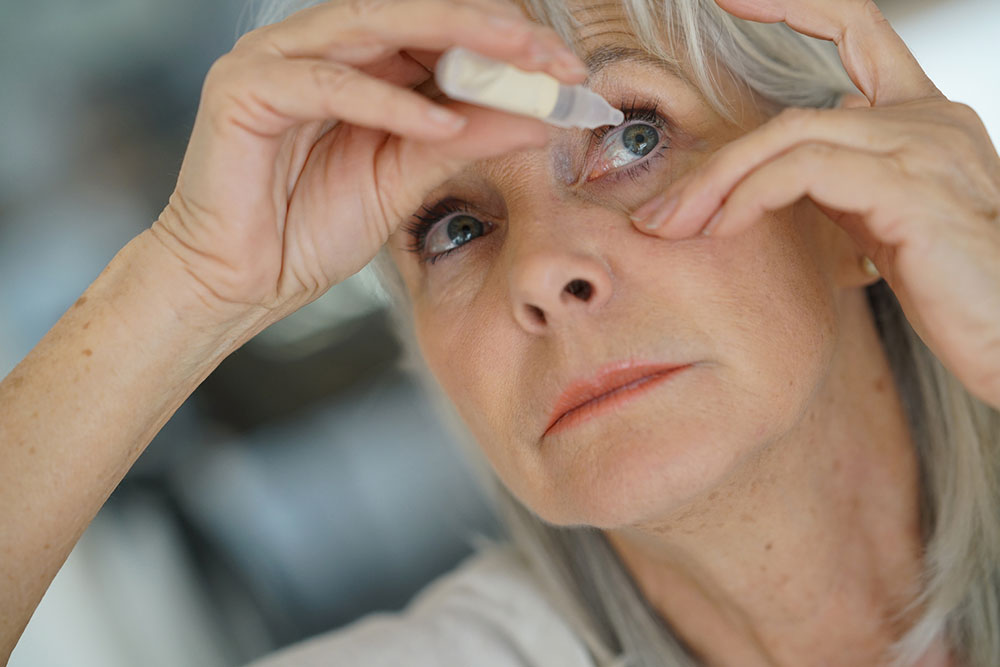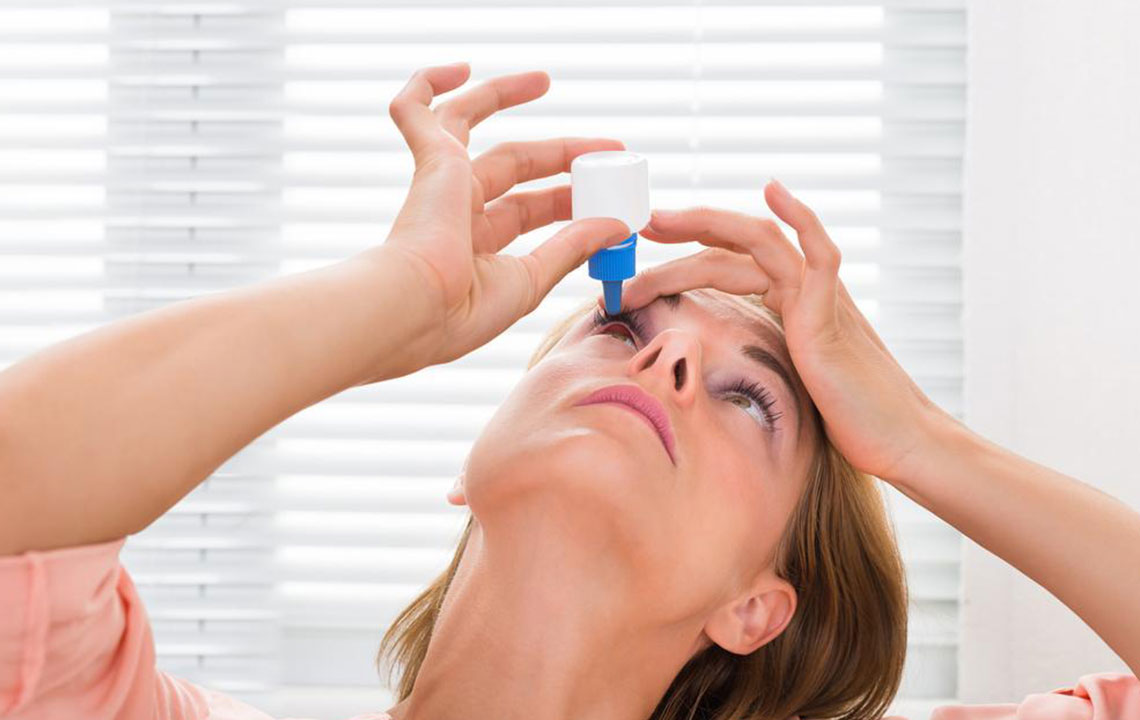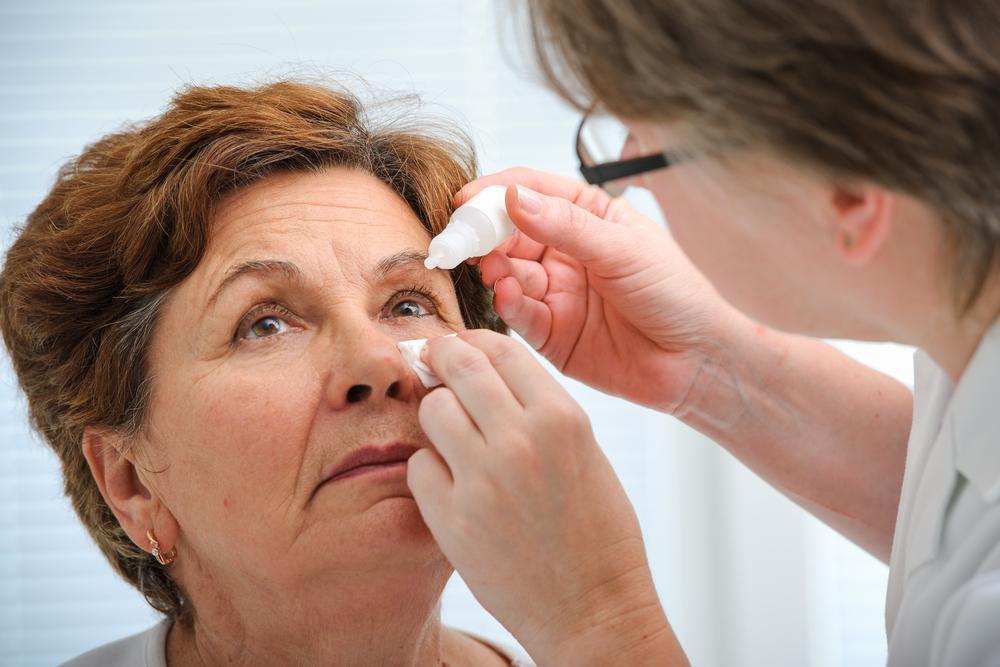Effective Vitamins to Support Eye Health and Prevent Dry Eyes
Discover how essential vitamins like A, C, E, and B-complex support eye health and help prevent dry eyes. This guide highlights key nutrients, foods rich in them, and tips to avoid foods that worsen dryness. Proper nutritional strategies, combined with medical advice, can mitigate dry eye symptoms and promote healthier vision. Learn practical ways to incorporate these vitamins into your daily diet for optimal eye protection and overall wellness.
Dry Eye Syndrome, also known as Dry Eye Disease (DED), is a persistent condition characterized by insufficient lubrication on the eye's surface. This can cause minor irritation to severe inflammation, possibly leading to scarring of the cornea. Alternative terms include:
Keratitis sicca
This refers to dryness and inflammation of the cornea.
Dysfunctional tear syndrome
This highlights inadequate tear production needed to keep eyes moist.
Keratoconjunctivitis sicca
Dryness affecting both the cornea and conjunctiva.

Studies reveal that dry eye prevalence ranges from 5% to 50% globally. Underlying health issues like diabetes, age-related macular degeneration, cataracts, and glaucoma can also cause eye dryness. Proper nutrition, especially vitamins, plays a vital role in eye health. Here are key vitamins beneficial for maintaining healthy eyes:
Vitamin A
Essential for clear vision and maintaining a healthy cornea. It regenerates rhodopsin, aiding night vision. Deficiency can lead to xerophthalmia and dry eyes. Foods rich in vitamin A include sweet potatoes, leafy greens, pumpkins, and bell peppers.
Riboflavin (Vitamin B2)
An antioxidant that reduces oxidative stress and supports eye hydration. Found in fortified cereals, dairy, oats, beef, and yogurt.
Thiamine (Vitamin B1)
Helps in energy production and proper cell function. May lower cataract risk. Foods include whole grains, fish, meat, bread, and pasta.
Niacin (Vitamin B3)
Aids in energy conversion and may help prevent glaucoma. Sources include poultry, fish, mushrooms, peanuts, and legumes.
Vitamin C
Supports collagen synthesis, vital for eye structure, and may reduce cataract risk. Found in bell peppers, tropical fruits, broccoli, and kale.
Vitamin E
An antioxidant that protects eye cells from free radical damage. Sources include nuts, seeds, oils, avocados, salmon, and leafy greens.
Besides adding these vitamins to your diet, avoid foods that can worsen dry eyes:
Refined sugars
Processed foods with high sugar content like cookies and cakes can aggravate dryness. Opt for fruits and check labels for sugar levels to protect eye health.
Alcohol
Dehydrates the body and worsens dryness. Hydrate with water if consuming alcohol, especially if health issues exist.
Aerated drinks
High in artificial sweeteners, these drinks can contribute to dry eyes. Reducing intake helps both hydration and eye comfort.
Caffeine
Moderate caffeine is generally safe, but excessive amounts can lead to dehydration and dry eyes. Limit intake for better eye health.
Consult with an ophthalmologist and nutritionist before significant dietary changes to prevent underlying condition aggravation and ensure optimal eye health.
Disclaimer:
The information provided here is for educational purposes and should not replace professional medical advice. We encourage consulting healthcare providers before making dietary or health changes, especially if underlying conditions are present. Our content aims to offer helpful insights, but accuracy and individual suitability should be verified with qualified professionals.









